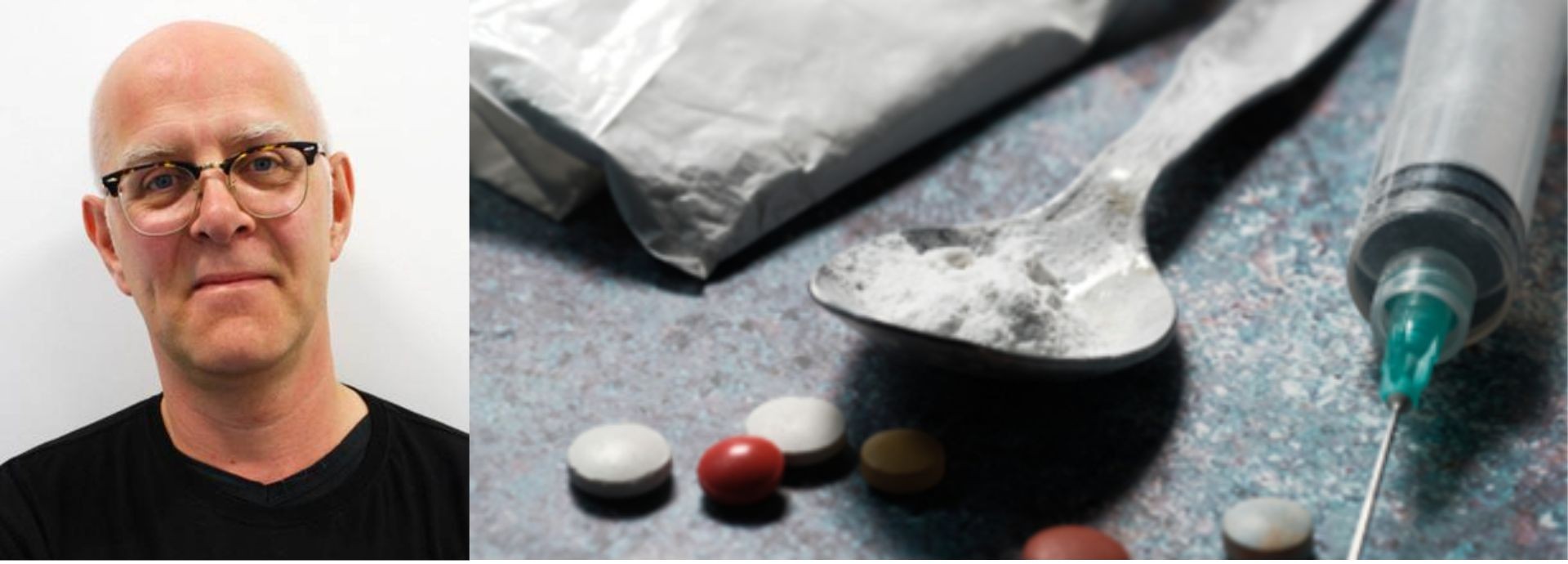Joined-up approach needed to ensure drug-consumption site success

While a drug-consumption site in Glasgow is welcomed, it presents many legal and practical challenges which require a robust joined-up political solution, according to a Glasgow Caledonian University academic.
Dr Phil Dalgarno, a Lecturer in Psychology, has published an important analysis of the proposed introduction of safer drug-consumption sites which examines in detail the benefits of such a facility as well as issues around overdose, where the drugs will be consumed and how they will be sourced. He also looked at the legal supply and free provision of specific substances, to greatly help to reduce the flow of drug money to organised crime.
Dr Dalgarno said: “Such an intervention helps to prevent drug users from entering a vicious cycle by taking up criminal activity to fund their drug habit.”
Policies developed specifically with the intention of prohibiting or suppressing use and disrupting supply were also found to have negative effects and ‘contributed directly and indirectly to lethal violence, communicable disease transmission, discrimination, forced displacement, unnecessary physical pain, and the undermining of people's right to health’.
The ‘big stick’ type approaches including aggressive policing techniques for people who use drugs were found to be counter-productive and further exacerbate problems for drug users who happen to be some of the most vulnerable people in society.
Key findings also show that people living in deprived areas in Scotland, and the rest of the UK, are adversely impacted by drug-related deaths and are as much as 23 times more likely to die from a drug overdose than those in the least deprived areas.
Scottish government figures for the first quarter of 2024 show a seven per cent increase in deaths from the same period in 2023. Scotland also has the highest death rates among alcohol and drug abuse, as well as related suicide in the UK.
Dr Dalgarno says the proposed introduction of safer drug-consumption sites offers a tried-and-tested intervention for reducing drug-related harm. Safer injecting facilities also offer an opportunity for improved public health outcomes and greater collaboration between different health and social care agencies, creating increased economic and social benefits.
Concerns around the location of a safe consumption facility, the eligibility of users and whether substances will be provided by government authorities or by users, and whether to prosecute users at safer consumption sites in possession of Class A drugs, needs an urgent debate at a government level, Dr Dalgarno argues.
The Lord Advocate, Scotland's most senior law officer, has stated that he would be prepared to publish a prosecution policy outlining that it would not be in the public interest to prosecute drug users for simple possession offences committed within a pilot safer drug-consumption facility. However, Dr Dalgarno says this does not address the issue of travelling with substances to these sites and whether this would result in a prosecution.
Dr Dalgarno said: “The Netherlands has dealt with the issue for many years, although only in relation to cannabis possession – where the drug is technically illegal, but individuals can possess and even sell in ‘coffee shops’ without fear of police apprehension.
“While the drug-consumption site in Glasgow is an important step forward, it presents many legal and practical challenges and requires a consolidated political approach. Only then will Scotland have the chance to win the decades-long fight against drug abuse – and, with it, related poverty and the spiralling death rate among drug users.”
Dr Dalgarno conducted the research in collaboration with Dr Steve O'Rawe of the University of the West of Scotland. You can read the full article published in the Drug Science Policy and Law journal here.
